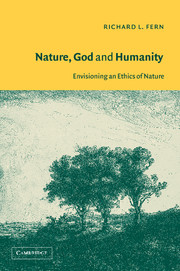Summary
ALL CREATURES GREAT AND SMALL
Given that we care, morally, about the well-being of our fellow humans, the conclusion that we ought also to care, morally, about the well-being of all selves and sentients is as close to rationally compelling as a moral stance gets. What that caring involves, what it demands of us in regard to non-humans or, for that matter, humans, is, by contrast, not liable to a single, rationally compelling solution. Reasonable, well-intentioned people disagree. Thus, though it may seem and undoubtedly is in many cases a mere bias that humans give priority to their own interests, this need not be the case. For one thing, in giving preference to another human, a person may act against her own interests, as in the case of a pet-lover who saves from a burning house the landlord she despises rather than the cat she adores. For another, such decisions may be rooted in reasons of the sort explored in chapter one.
I want for now to set these issues aside and continue our inquiry regarding the scope of moral concern. We have seen that morality requires us to take into account the interests of those wild creatures whose eyes look back at us from beyond the clearing of humanity. I want now to ask whether there is anything else out there, creatures without eyes, perhaps the forest itself, to which we owe moral respect.
- Type
- Chapter
- Information
- Nature, God and HumanityEnvisioning an Ethics of Nature, pp. 39 - 68Publisher: Cambridge University PressPrint publication year: 2002

